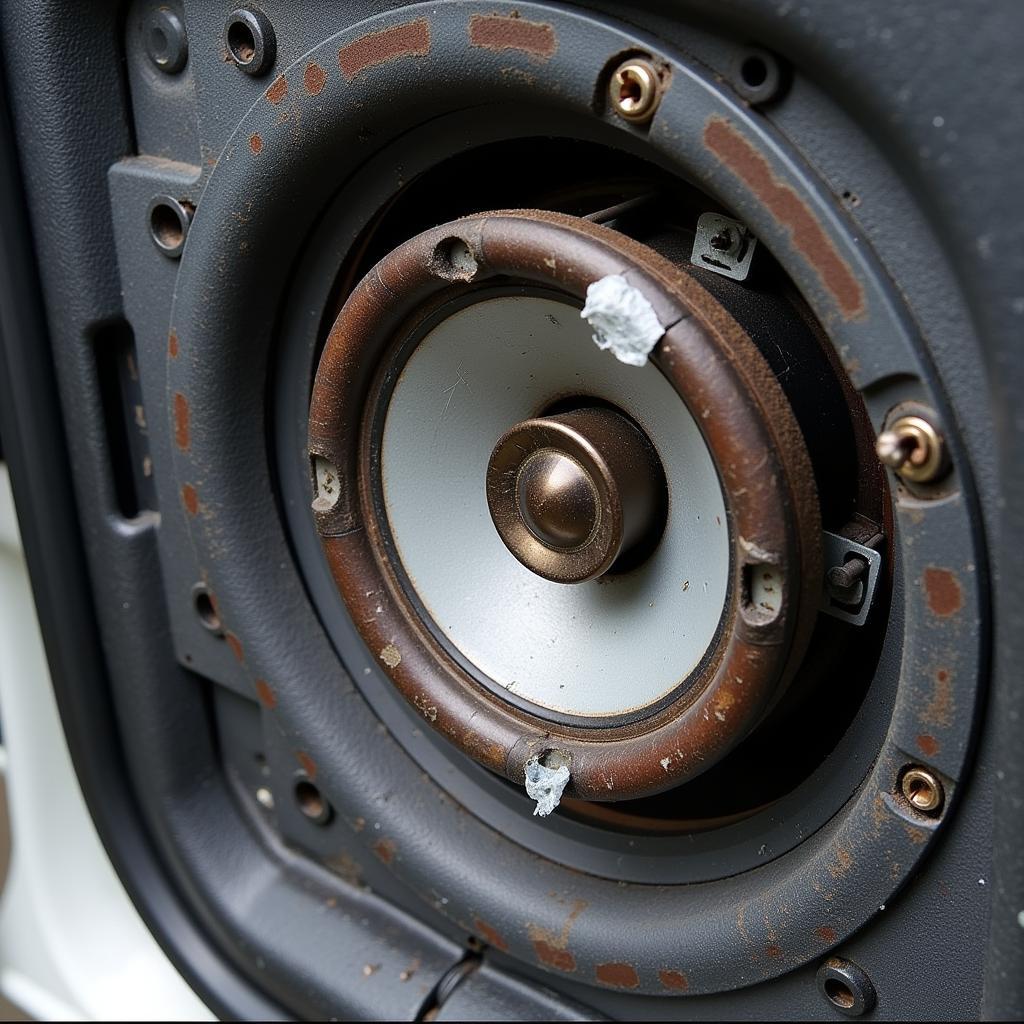Resolving problems with car rental companies can be a frustrating experience, but knowing your rights and how to navigate the process can make it much smoother. This guide provides a comprehensive approach to handling common car rental issues, from minor disagreements to major disputes.
Understanding Your Rental Agreement
Before you even hit the road, thoroughly review your rental agreement. This document outlines the terms and conditions of your rental, including insurance coverage, fuel policy, mileage limits, and additional fees. Understanding these details upfront can prevent surprises and potential conflicts later. Many people skim over this crucial document, but it’s your best defense against unexpected charges.
Key Components of a Car Rental Agreement
Pay close attention to the following sections:
- Collision Damage Waiver (CDW) and Loss Damage Waiver (LDW): These waivers protect you financially if the rental car is damaged or stolen. Understand the limits and exclusions.
- Liability Coverage: This covers damage or injury you may cause to others while driving the rental car.
- Fuel Policy: Note whether you need to return the car with a full tank or if you can pre-purchase fuel.
- Mileage Restrictions: Some agreements limit the number of miles you can drive without incurring extra charges.
- Additional Driver Fees: If someone else will be driving the rental car, ensure they are listed on the agreement.
 Reviewing car rental agreement before signing
Reviewing car rental agreement before signing
Common Car Rental Problems and Solutions
Car rental issues can range from minor inconveniences to serious problems. Here’s how to address some of the most frequent scenarios:
Disputing Unexpected Charges
If you encounter unexpected charges on your final bill, don’t panic. First, gather your documentation, including your rental agreement, receipts, and any photos or videos you may have taken of the vehicle’s condition. Then, contact the rental company’s customer service department and explain the situation calmly and clearly. Provide supporting evidence to back up your claim.
Dealing with Vehicle Damage
If the rental car is damaged during your rental period, document the damage thoroughly with photos and videos. Report the damage to the rental company immediately. If you have CDW/LDW, review the policy details to understand your coverage.
Addressing Mechanical Issues
If the rental car experiences mechanical problems, contact the rental company immediately to arrange for a replacement vehicle or roadside assistance. Do not attempt to repair the vehicle yourself, as this could void your rental agreement.
 Customer disputing car rental charges with agent
Customer disputing car rental charges with agent
Handling Billing Errors
Billing errors, such as incorrect charges for fuel or mileage, can occur. Keep all your receipts and compare them to your final bill. Contact the rental company’s customer service to report any discrepancies. Be prepared to provide documentation to support your claim.
What if the Rental Company is Unresponsive?
If the car rental company is unresponsive or refuses to resolve the issue fairly, consider escalating the matter. You can file a complaint with your credit card company (if you used one to pay for the rental) or with consumer protection agencies like the Better Business Bureau.
“Documentation is key. Keep every receipt, take photos, and video anything questionable about the car’s condition before you drive off the lot. This will be invaluable if a dispute arises.” – John Davis, Automotive Claims Specialist
Preventing Car Rental Problems
Proactive steps can minimize the risk of encountering problems in the first place:
- Inspect the vehicle thoroughly before accepting it. Note any existing damage and ensure it’s documented on the rental agreement.
- Take photos and videos of the car’s condition before driving off the lot. This provides evidence of the car’s condition at the start of your rental.
- Understand the insurance coverage offered by your credit card and personal auto insurance. You may not need to purchase additional coverage from the rental company.
- Return the car on time and with the correct amount of fuel. Late returns and incorrect fuel levels can result in significant charges.
“Familiarize yourself with your own insurance policies before you rent. Knowing what’s covered can save you money and headaches down the line.” – Maria Sanchez, Insurance Broker
Conclusion
Resolving problems with car rental companies requires patience, persistence, and a clear understanding of your rights. By being proactive and well-informed, you can navigate these situations effectively and ensure a smoother rental experience. Don’t hesitate to contact us at AutoTipPro for assistance. Our number is +1 (641) 206-8880 and our office is located at 500 N St Mary’s St, San Antonio, TX 78205, United States. We’re here to help you resolve your car rental issues.





Leave a Reply